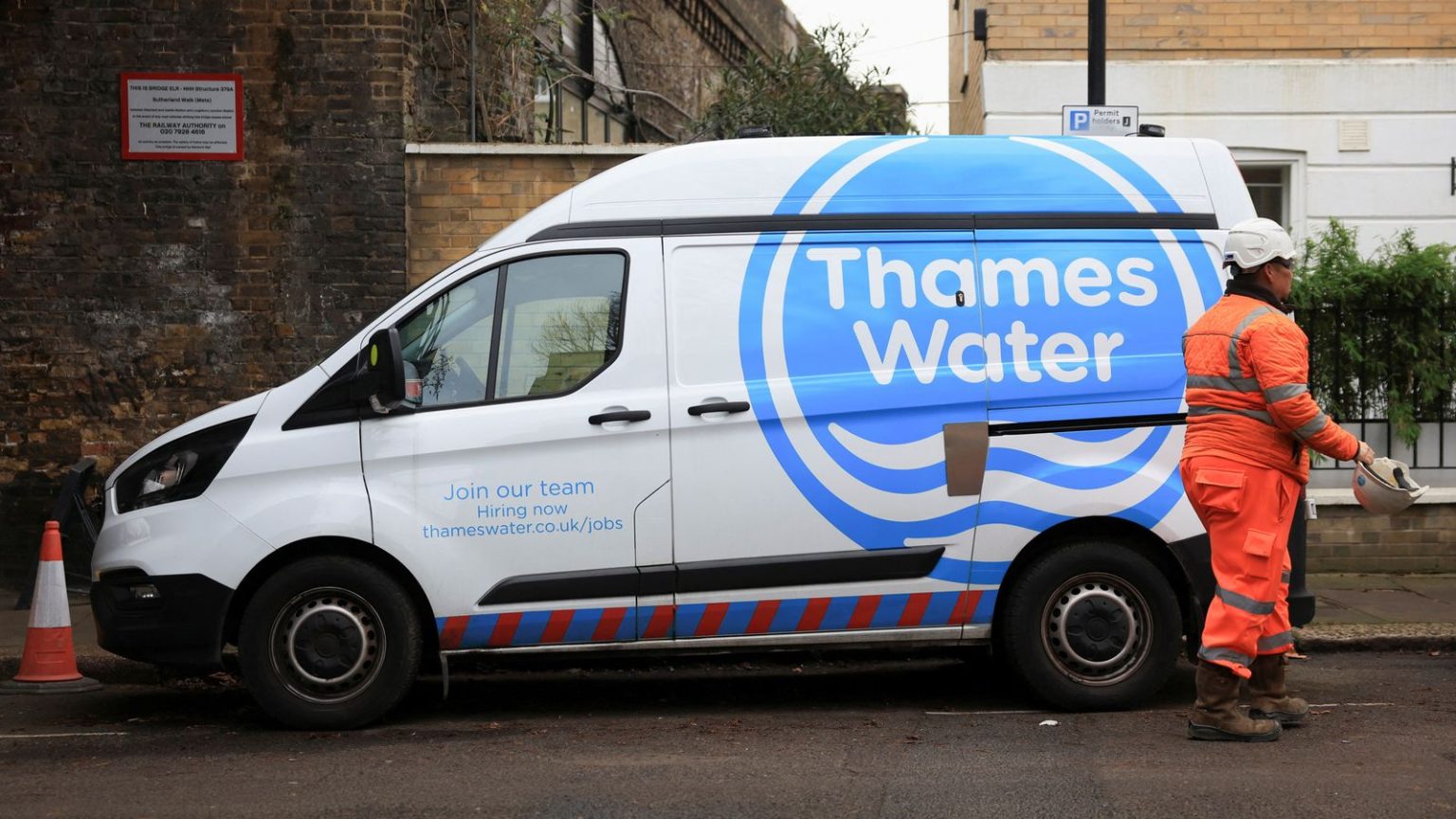Thames Water Crisis: A Fight for Survival and Fairness
Britain’s largest water supplier, Thames Water, is in the midst of a financial and operational crisis, battling to stay afloat under the weight of a staggering £19 billion debt. The company, which serves 16 million households, has been locked in a heated dispute with the industry regulator, Ofwat, over proposed price hikes for the next five years. Thames Water initially sought a 53% increase in customer bills from 2025 to 2030, a demand that was met with resistance from Ofwat, which capped the rise at 35%. The company has now appealed this decision, arguing that the regulator’s ruling fails to adequately account for the unique challenges it faces, particularly in its London operations.
The Battle with Ofwat and the Case for Higher Bills
Thames Water’s bid to increase bills by 53% is driven by its precarious financial position. The company, grappling with a £19 billion debt, has warned that it will run out of cash by the end of March if urgent measures are not taken. Despite this, Ofwat’s 35% price cap, while still representing a significant increase for customers, has been deemed insufficient by Thames Water to cover its operational costs and ambitious investment plans. The company is under immense pressure to secure additional funding to avoid collapse and to meet the growing demands for improved infrastructure, particularly in addressing sewage overflows and environmental pollution.
Thames Water has until next week to formally lodge its appeal with the Competition and Markets Authority (CMA), a process that is expected to take several months. During this period, customer bills will rise in line with Ofwat’s 35% cap, with the average annual bill for Thames Water’s 16 million households increasing to £639, according to industry data. Meanwhile, the company remains in talks over new investment and is awaiting High Court approval for a £3 billion rescue deal, which it hopes will shore up its financial position and stave off the threat of insolvency.
The Pressure to Invest in Infrastructure and Sustainability
The dispute over pricing is not just about Thames Water’s financial survival; it is also closely tied to the need for record investment in Britain’s beleaguered water infrastructure. Across England and Wales, water companies are facing growing public outrage over pollution incidents, particularly related to untreated sewage discharges into rivers and seas. Ofwat’s pricing decisions are designed to unlock significant funding for infrastructure upgrades, including measures to reduce sewage overflows and improve environmental standards.
For Thames Water, this pressure is particularly acute. The company operates in one of the most densely populated and environmentally sensitive regions in the UK, with London’s aging sewage system presenting unique challenges. Thames Water has argued that Ofwat’s pricing ruling fails to fully account for these complexities, leaving it at a disadvantage compared to other suppliers. The company is eager to demonstrate its commitment to sustainability and customer service, but without additional funding, it claims that its ability to deliver on these fronts will be severely hamstrung.
The Appeal Process and What’s at Stake
Thames Water’s decision to appeal Ofwat’s ruling is a high-stakes move, with far-reaching implications for the company, its customers, and the wider industry. Should the appeal fail, the company may be forced to revisit its financial plans, potentially leading to further cutbacks or even intervention from regulators. On the other hand, a successful appeal could pave the way for higher bills and much-needed investment in Thames Water’s infrastructure.
The appeal process, led by the CMA, will likely focus on whether Ofwat’s pricing decision fairly balances the needs of customers, investors, and the environment. Thames Water has already stated that it believes the regulator’s ruling does not provide the necessary support for the level of investment required to meet its obligations. The company’s leadership, including Chairman Sir Adrian Montague, has emphasized that the appeal is in the long-term interests of both customers and the environment, asserting that the company must be placed on a stable financial footing if it is to succeed in its turnaround efforts.
Thames Water’s Defense: A Commitment to Long-Term Stability
Sir Adrian Montague, Chairman of Thames Water, has been vocal in defending the company’s decision to appeal Ofwat’s pricing ruling. He has stressed that the move is not taken lightly but is necessary to ensure that Thames Water can deliver on its promises to customers and the environment. Montague has highlighted the need for significant investment in infrastructure, particularly to address the challenges posed by climate change and population growth in the London region.
In a statement, Thames Water’s Board expressed its unanimous support for the appeal, arguing that Ofwat’s final determination does not adequately address the scale of the challenges facing the company. The Board has also drawn attention to the importance of striking the right balance between risk and return, a point it believes the regulator has overlooked. With the company’s future hanging in the balance, Thames Water is pulling out all the stops to secure the funding it needs to avoid collapse and build a more sustainable future.
The Road Ahead: Uncertainty and a Call to Action
As Thames Water navigates this uncertain landscape, the coming months will be critical in determining its fate. The High Court’s decision on the £3 billion rescue deal, coupled with the outcome of the CMA appeal, will shape the company’s ability to stabilize its finances, invest in infrastructure, and meet its environmental obligations. Meanwhile, customers are bracing themselves for higher bills, with the average annual bill set to rise to £639 from April, pending the outcome of the appeal.
For Thames Water, the stakes could not be higher. The company’s ability to secure the funding it so desperately needs will not only determine its own survival but also the quality of service it can provide to millions of customers across London and beyond. As the water sector grapples with mounting challenges, Thames Water’s case serves as a stark reminder of the complexities of balancing financial sustainability with the need for investment in vital public services.















